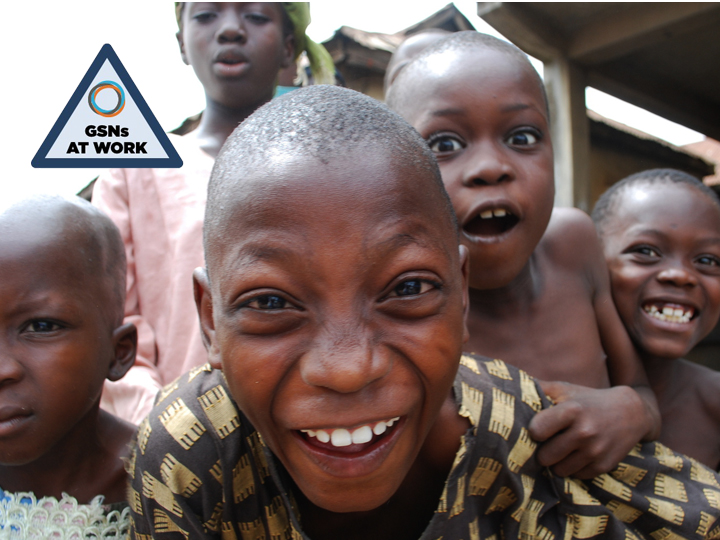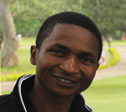This is the first in a series of updates on GSNs that we have featured on the Employment and Prosperity Hub.
CODE is a non-government organization [NGO] whose mission is to improve access to information and empower local communities in Africa.
The following interview with Chief Executive Hamzat Lawal conducted by GSN Senior Fellow Mike Dover has been edited for clarity and length.
- Which of CODE’s accomplishments are you the most proud of?
We’ve been able to provide a platform that supports grassroots engagement with the government and national levels. and through which citizens can directly engage with governments to support health, education, and empowerment.
In 2016, we were able to track 9.2 billion Nigerian lira (about $5 million USD) for the distribution of 750,000 clean cook stoves and 18,000 wonder bags [electricity free slow cookers] to rural women. Both of these programs help the environment, empower women (while improving their safety) and reduce deforestation.
- What are the key performance metrics that you use to evaluate CODE’s progress?
We measure the amount of money raised, how much engagement is increased, as well as improvement in government responsiveness after our campaigns. In 2013 when we raised 850 million lira to buy phones –the funds were released by the government 48 hours after the official media campaign.
- Has your mission changed a lot over the past five years?
It really hasn’t changed – we still work to empower marginalized communities all across the continent. We are based in Nigeria, and we also do work in Togo, Cameroon and other African countries.
- Do you work with other networks to help achieve your goals?
We leverage the strength of the media as well as other organizations, civil societies and communities – most importantly the media. Our platform allows for visibility into how the government is acting. We have collaborated in the past with Doctors Without Borders as well as Human Rights Watch and Global Rights.
- What has surprised you the most about CODE’s accomplishments?
One of our key products is Follow the Money a site that directly shows the impact of our services—and we are impressed with its impact. We are pleasantly surprised with how technology and networks help governments embrace innovative change (we call it disruptive change) and provide better service delivery to citizens.
Also, our work helps to create jobs. Local people are employed for what we call “clean jobs,” professions that help to clean up the environment. We give them new skills and we made sure they are paid. We work to reduce youth unemployment by creating links between young people and the government. We also sponsor debates about clean jobs and government accountability.
“Follow the Money,” an initiative of CODE, defines their mission as:
WE DO ADVOCACY, VISUALIZE AND TRACK FOR MONEY FOR GOOD!
We don’t just advocate for the aid, we track and visualize the aid, and let you know how effective it has been in our local community. Are you a journalist, data wrangler, information analyst, legal practitioner or someone interested in how open data can make our world transparent and accountable, welcome to #opendata +#open development!




